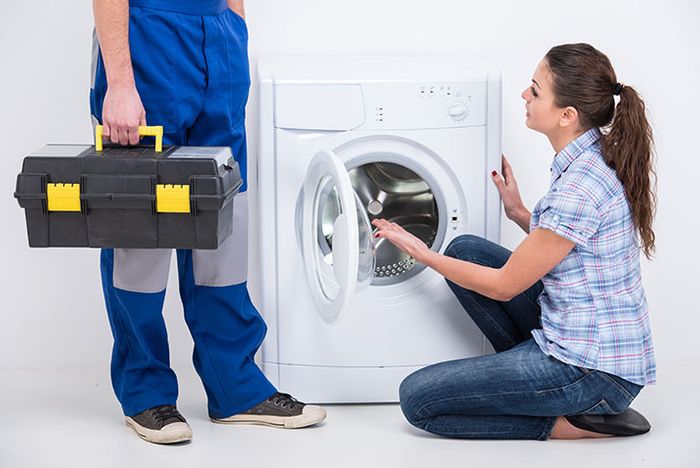
Many homeowners assume that the technology now available in many appliances would naturally increase their lifespan. Unfortunately, the opposite is actually true. While appliances in earlier generations could last up to 30 years, today's refrigerators, washer machines, dryers, heating and cooling units, and dishwashers average 15 years before requiring replacement.
Technical advances such as electronic displays and sensors can put more stress on the appliance and cause it to fail sooner. Additionally, thinner plastic parts have replaced porcelain in many appliances. This makes them less expensive to make but prone to wearing out faster.
Tips to Increase the Longevity of Modern Appliances
Before any homeowner buys a new appliance, he or she should make sure that it comes with a detailed instruction manual. Although it's not the most stimulating reading material in the world, going through it gives the homeowner valuable tips on how to maintain and repair the unit. It's also important to try to fix the problem before giving in and purchasing a new appliance. In most cases, early issues are minor and fixable.
Benefits of Technologically Advanced Home Appliances
The technology available on many home appliances makes it possible for the homeowner to save considerable money on operating it. High efficiency air conditioners, for example, can significantly reduce the monthly cooling bill. When it comes time to buy any type of new unit, it's important to estimate the lifespan, other costs savings, and return on investment. Seeing this information in black and white can make the purchasing decision that much easier. It's also a good idea to invest a small amount of money in a product warranty. This covers problems related to manufacturer defects as well as normal wear and tear.
